Strained Relations: Russia's Diplomatic Dilemma in Pursuing Peace in Ukraine
- by Alexei, Russia, RNG247
- about 6 months ago
- 141 views
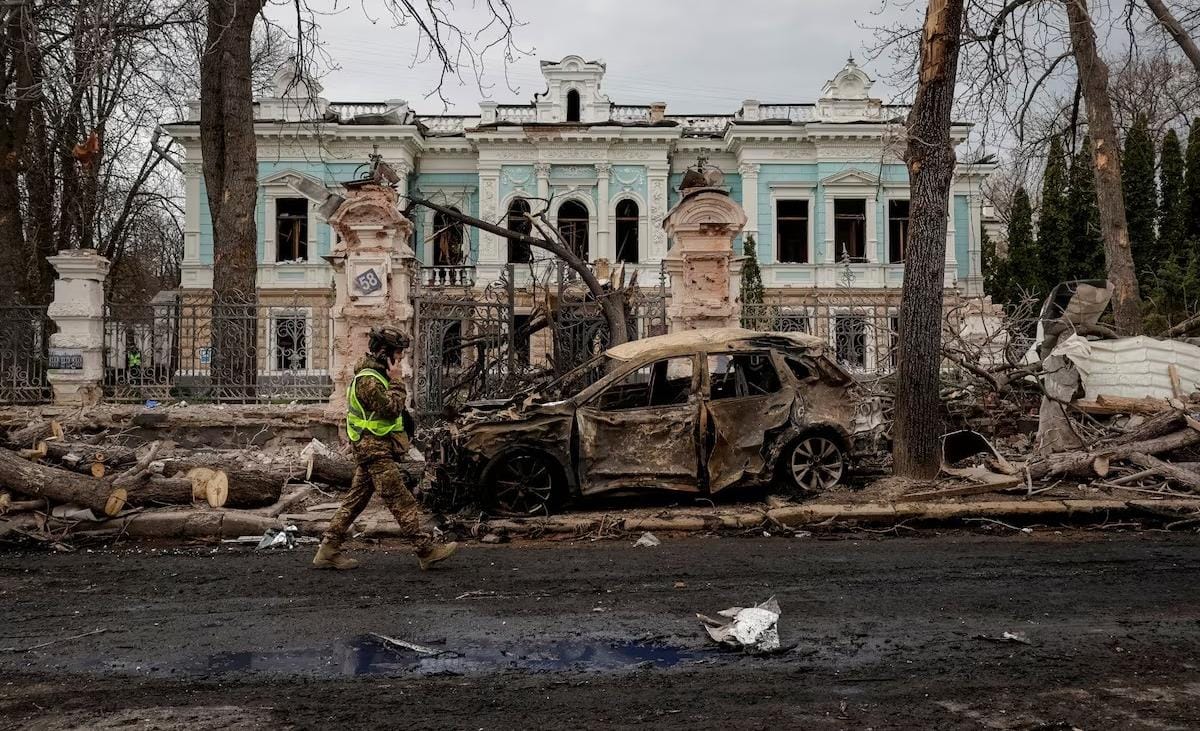
In a candid interview with the Kommersant newspaper, Russian Foreign Minister Sergei Lavrov articulated the complexities surrounding potential peace negotiations between Moscow and Washington aimed at ending the ongoing conflict in Ukraine. Lavrov emphasized that achieving consensus on crucial elements of any peace agreement with the United States remains a formidable challenge and reiterated that Russia would not allow itself to become economically tethered to the West once more.
As the war enters its third year, U.S. President Donald Trump has professed an aspiration to be remembered as a peacemaker, advocating for an end to what he describes as the "bloodbath" in Ukraine. However, the path to a definitive agreement remains elusive.
"It is not easy to agree on the key components of a settlement. They are being discussed," Lavrov stated, addressing the ongoing dialogues without the promise of success. He further elaborated on Russia's perspective: "We are well aware of what a mutually beneficial deal looks like, which we have never rejected, and what a deal looks like that could lead us into another trap."
The Kremlin has recently tempered expectations regarding the restoration of normal relations with Washington, with Lavrov underscoring that it is premature to foresee significant advancements in diplomatic ties. He pointed to statements made by President Vladimir Putin in June 2024, where the Russian leader emphasized that Ukraine must renounce its aspirations to join NATO and withdraw its military presence from the four Ukrainian regions that Russia claims as its own.
"We're talking about the rights of the people who live on these lands. That is why these lands are dear to us. We cannot give them up, allowing people to be kicked out of there," Lavrov insisted, reflecting Russia's entrenched position on territorial claims. Currently, Moscow maintains control over nearly 20% of Ukrainian territory, including Crimea, which was annexed in 2014, alongside portions of four other regions now claimed by Russia—a move largely unrecognized by the international community.
Lavrov did not shy away from acknowledging Trump's "common sense," particularly in relation to past U.S. support for Ukraine's NATO ambitions, which he described as a significant catalyst for the conflict. However, he was unequivocal about the resolve of Russia's political elite, stressing that they would resist any policies that could reignite dependency on the West in economic, military, technological, or agricultural spheres.
"The globalization of the world economy has been disrupted by sanctions imposed on Russia, China, and Iran by the administration of former U.S. President Joe Biden," Lavrov concluded, indicating a profound rift that complicates any potential reconciliation or peace settlement. As both nations navigate this complex geopolitical landscape, the pathway toward ending the conflict remains fraught with challenge and uncertainty.



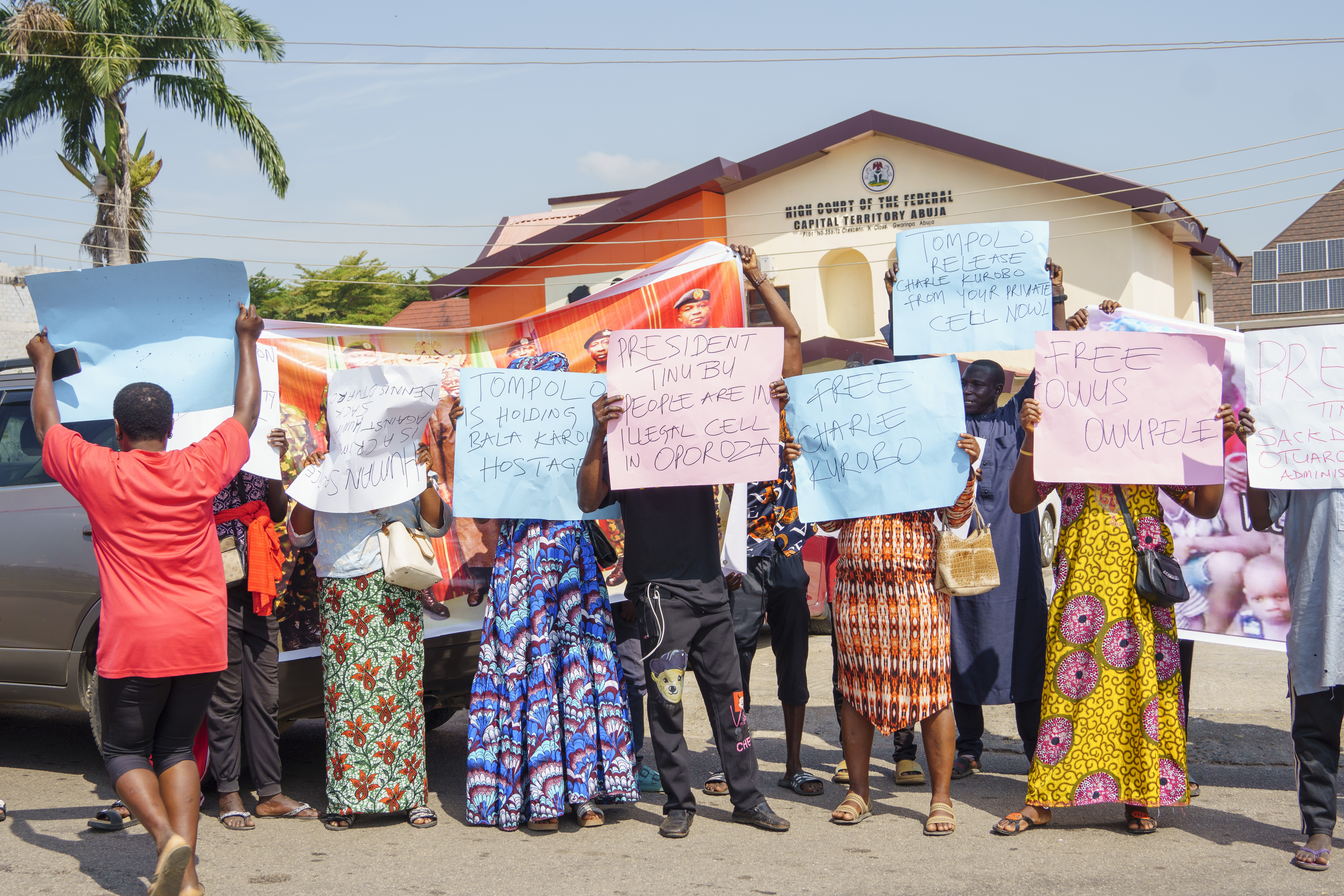
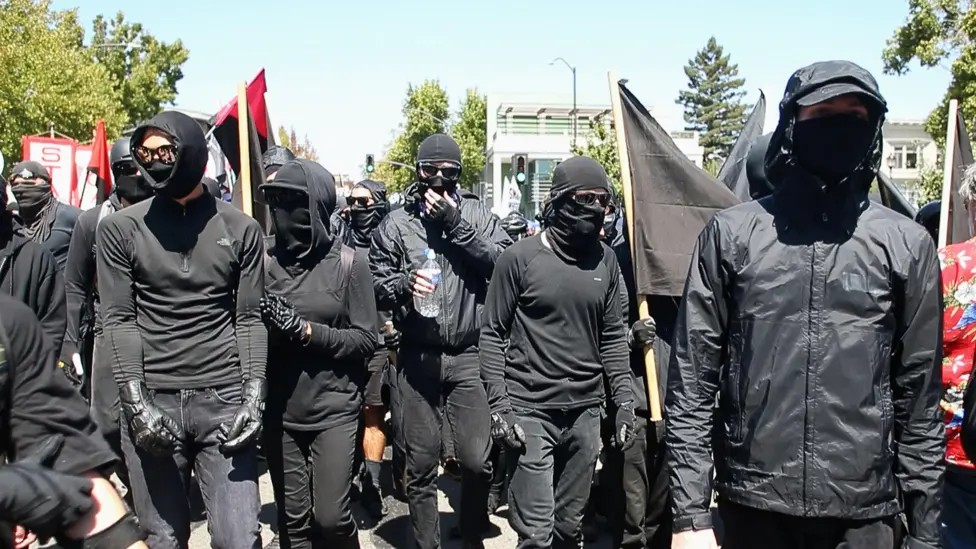

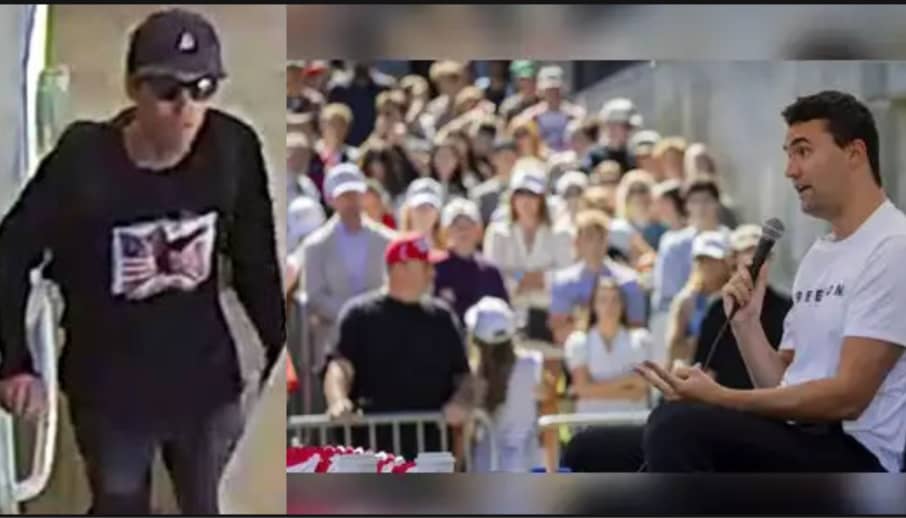
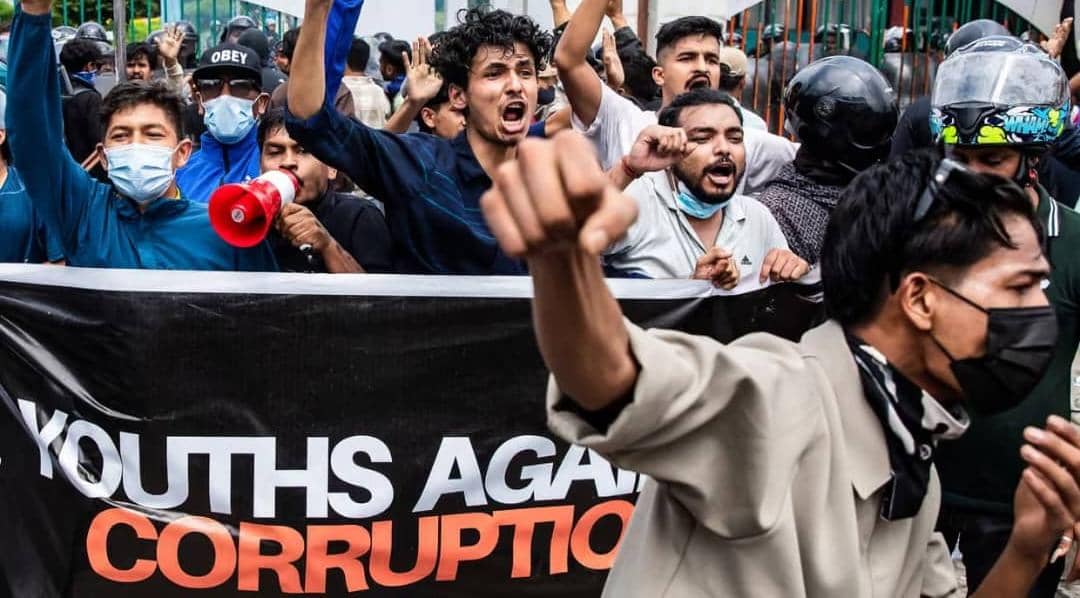
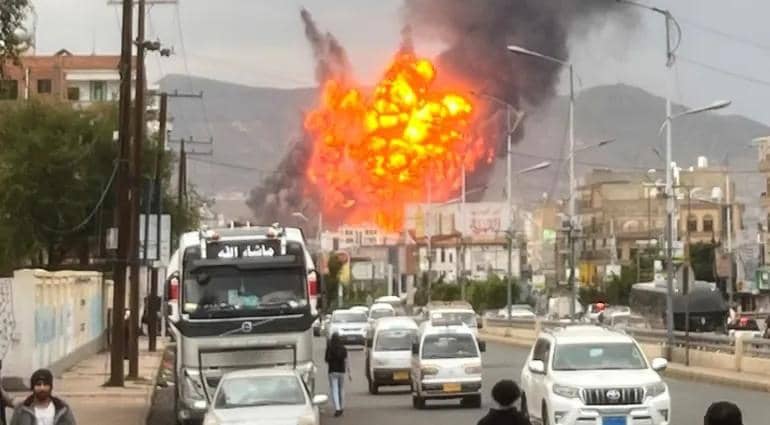
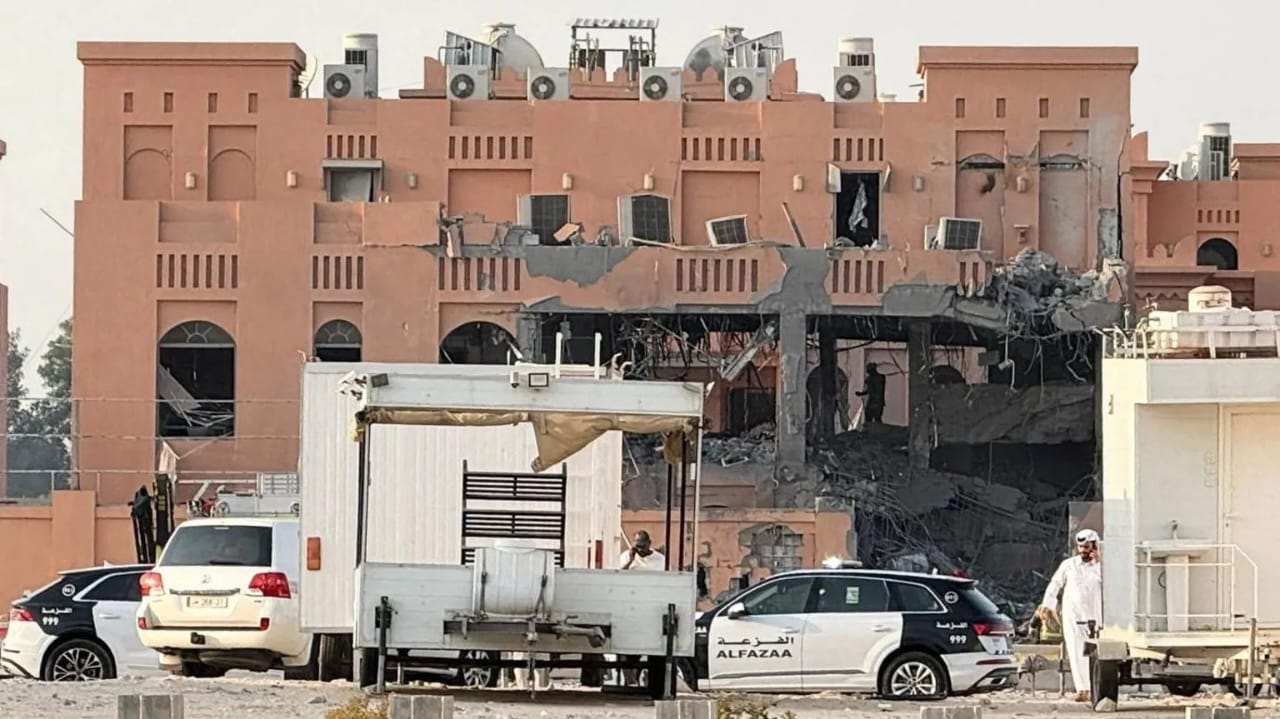
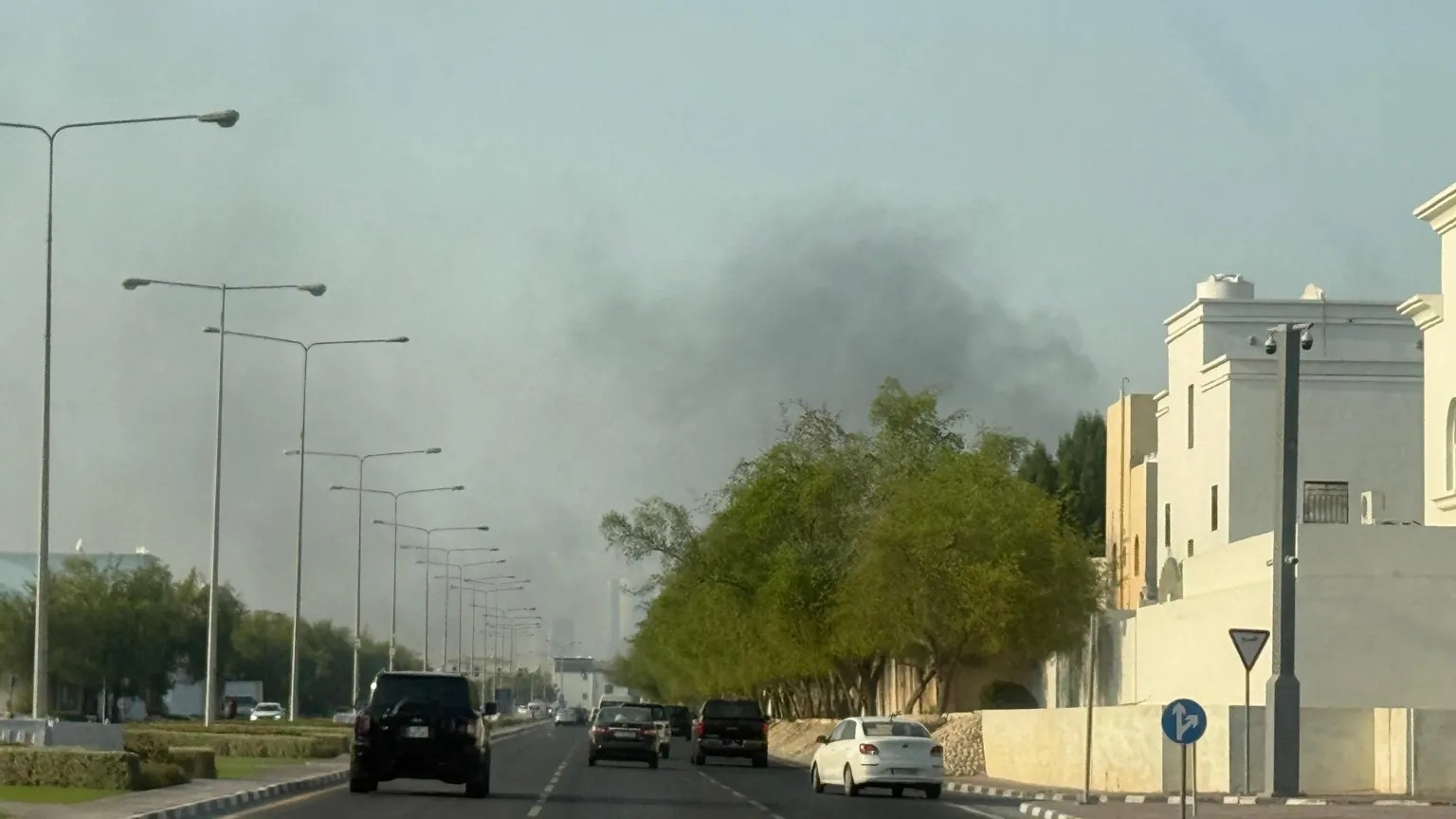
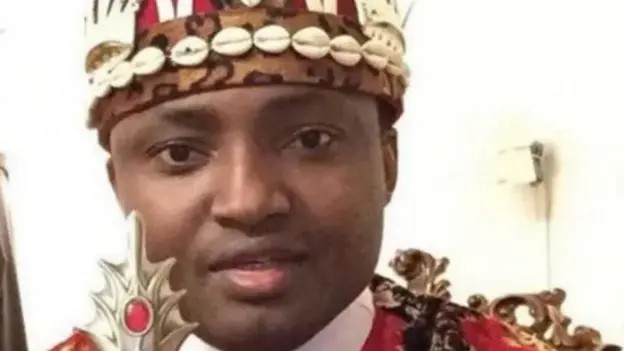
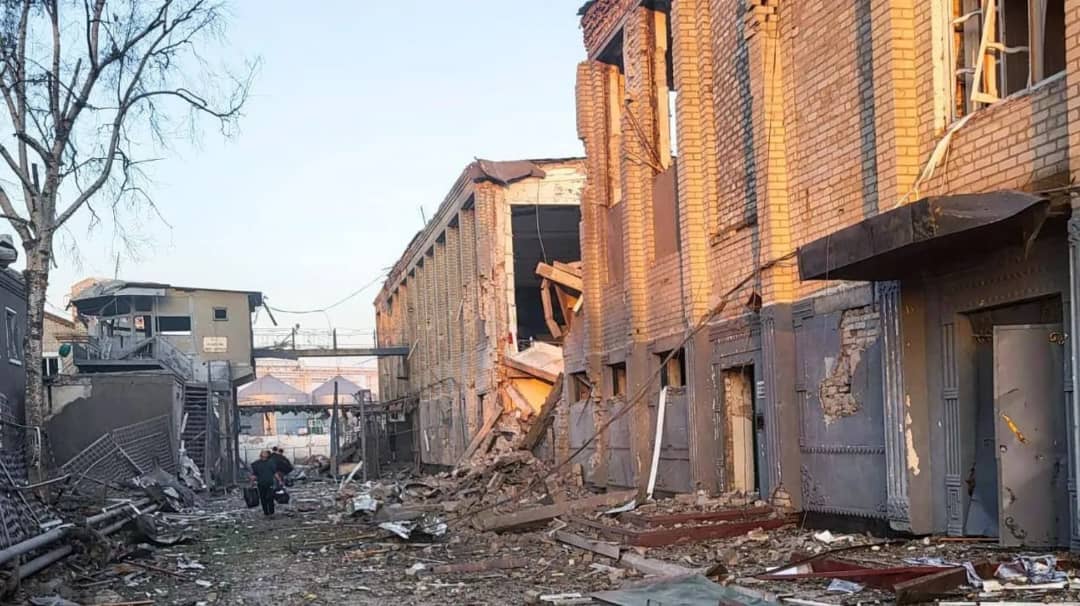
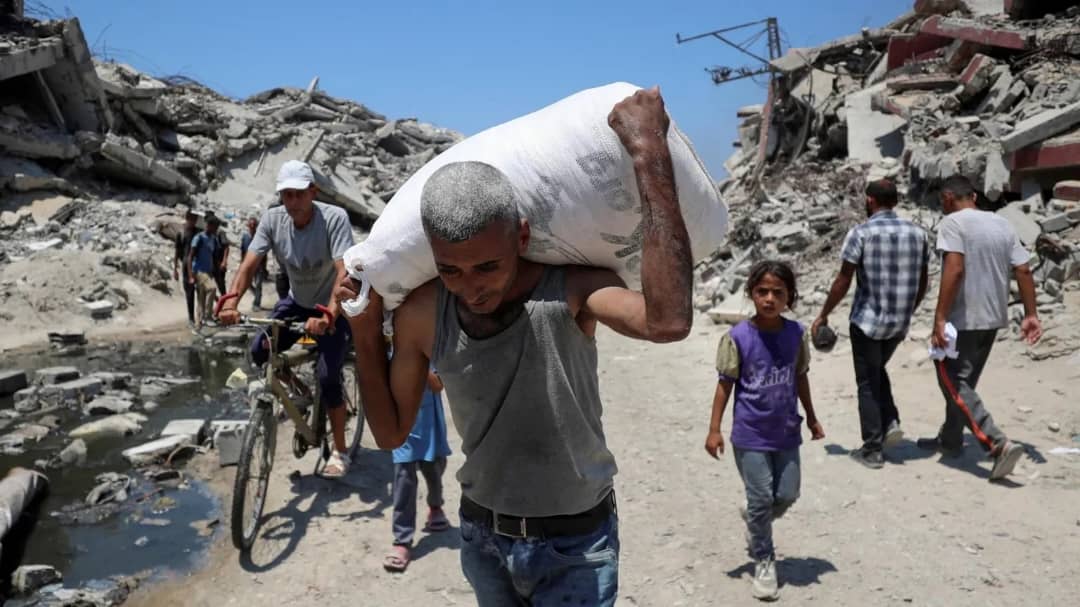
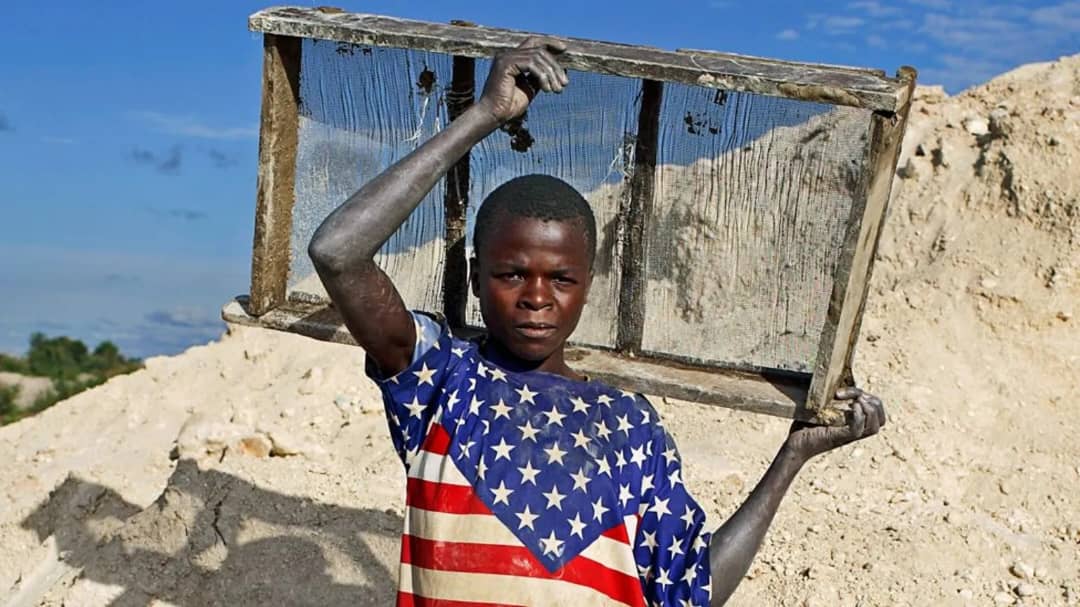

0 Comment(s)